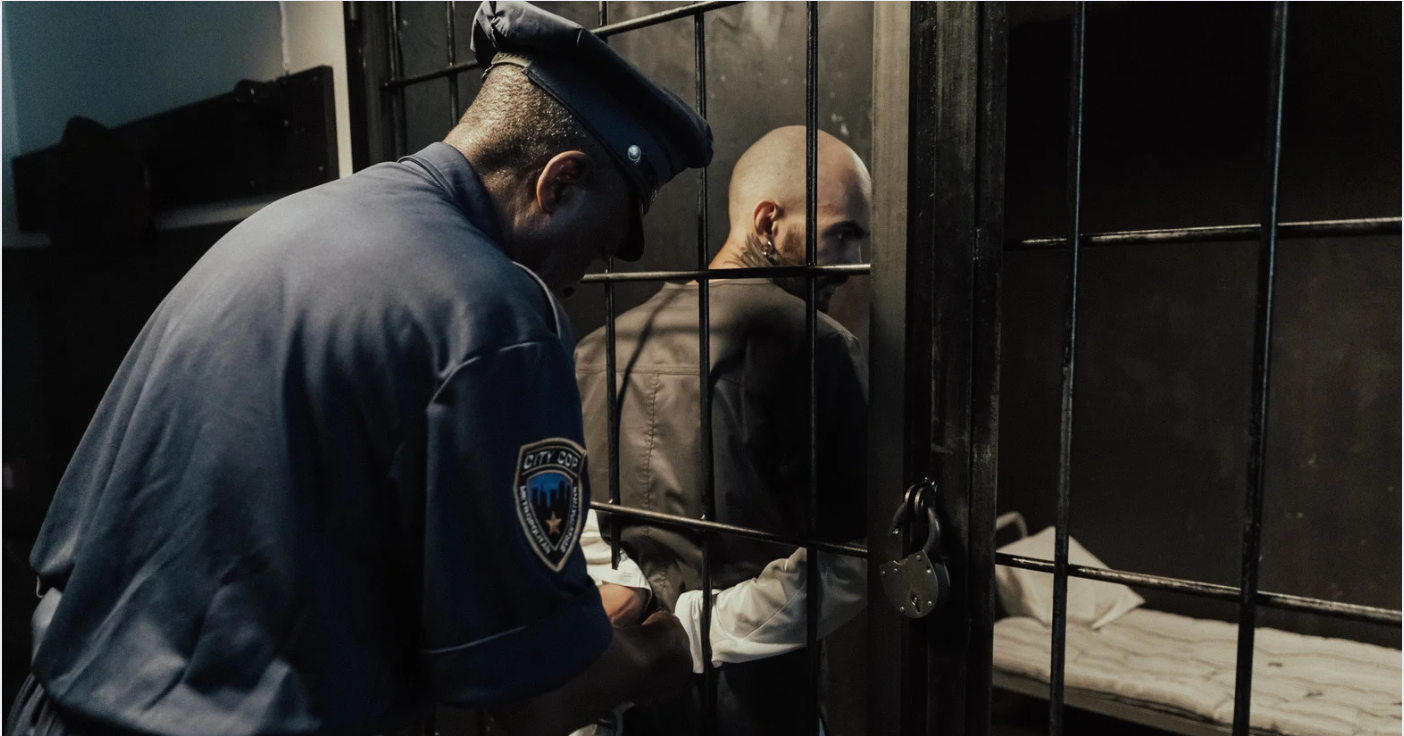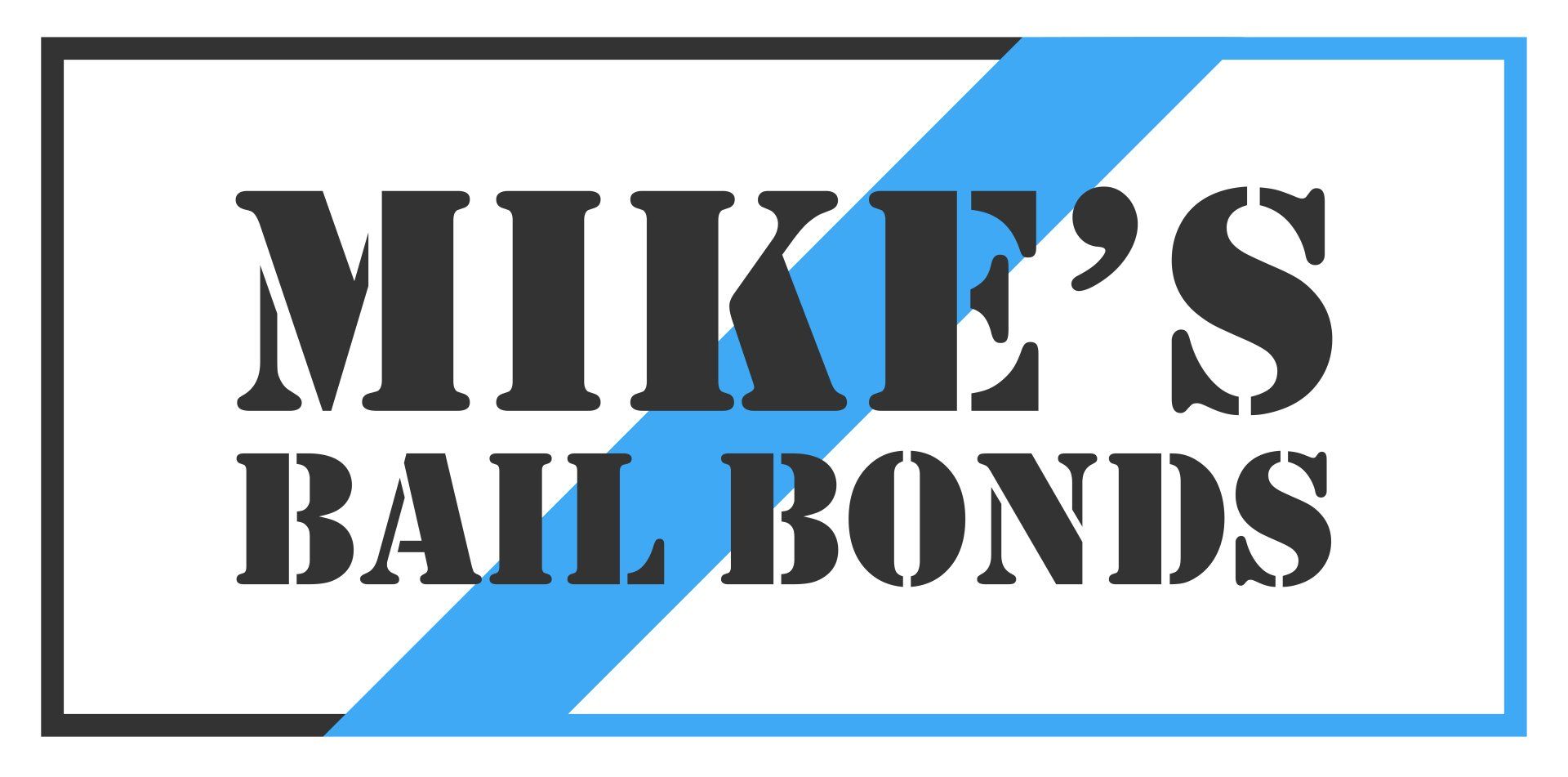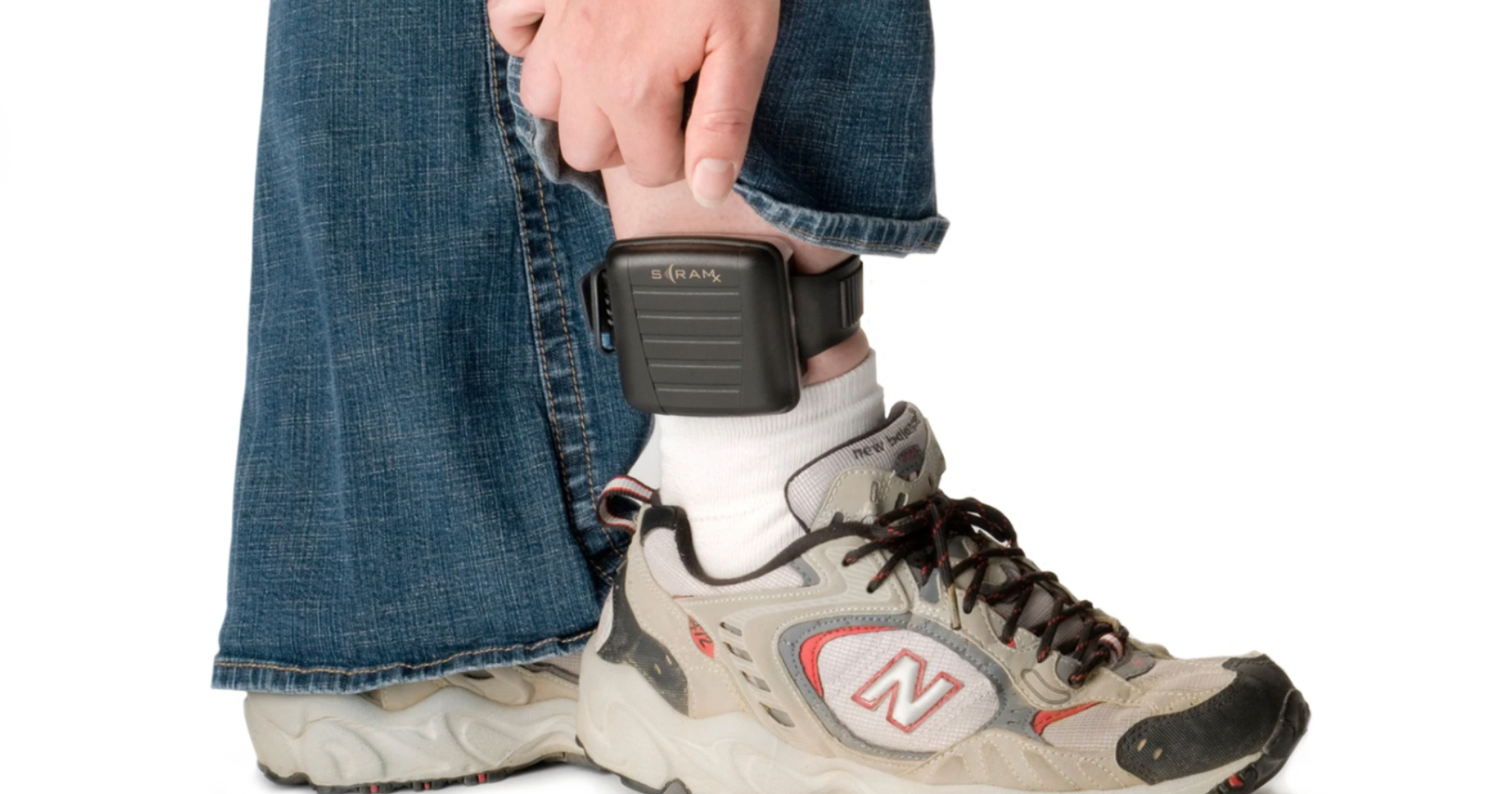8 Things You Need to Know About the Role of a Bail Bondsman
When it comes to the legal system, one crucial role often overlooked is that of a bail bondsman. Bail bondsmen play a vital role in helping individuals secure their release from jail while awaiting trial. If you're unfamiliar with this profession and want to learn more, you've come to the right place. Whether you're facing legal troubles yourself or just curious about the bail process, here are 8 essential things you need to know about the role of a Connecticut bail bondsman.
1. What Is a Bail Bondsman?
A bail bondsman, also known as a bail agent or bail bond agent, is a licensed professional who provides a financial guarantee (bail bond) to the court on behalf of an individual who has been arrested. Their primary role is to ensure that the defendant appears in court for their scheduled hearings.
2. How Does the Bail Process Work?
When someone is arrested, they may have the option to post bail to secure their temporary release. If the defendant cannot afford the full bail amount set by the court, they can seek the assistance of a bail bondsman. The bondsman will typically charge a non-refundable fee, usually a percentage of the total bail amount, and provide the court with a bail bond guaranteeing the defendant's appearance.
3. The Responsibilities of a Bail Bondsman
Bail bondsmen have several key responsibilities. These include verifying the defendant's background and ensuring they have sufficient collateral or cosigner for the bond. They must also maintain regular contact with the defendant to ensure court appearances and may be required to locate and apprehend the defendant if they fail to appear.
4. Licensing and Regulations for a Bail Bondsman
To work as a bail bondsman, one must obtain the necessary licensing and meet the requirements set by the state. Each state has its own regulations governing the bail bond industry, including specific education and training requirements. It is crucial for bail bondsmen to adhere to these regulations to operate legally.
5. The Risks and Rewards of Being a Bail Bondsman
Bail bondsmen operate in a high-risk environment. They assume financial liability for the defendant's appearance in court and often face potential losses if the defendant fails to appear. However, successful bondsmen can earn substantial rewards through their fees and commissions.
6. What's the Difference Between a Bail Bondsman and a Bounty Hunter?
While the roles of a bail bondsman and a bounty hunter may seem similar, they are distinct professions. A bail bondsman ensures the defendant's compliance with court appearances, while a bounty hunter tracks down and apprehends fugitives who have skipped bail.
7. Limitations and Conditions Set By the Connecticut Court
Bail bondsmen must be familiar with the limitations and conditions set by the court. These may include travel restrictions, drug testing, and other obligations that the defendant must fulfill while out on bail. It is the bondsman's responsibility to ensure that the defendant understands and abides by these conditions.
8. The Impact of Bail Bondsmen on the Legal System
The availability of bail bond services plays a significant role in the functioning of the legal system. By helping individuals secure their release from jail, bail bondsmen ensure that defendants can continue their daily lives while awaiting trial, reducing the burden on overcrowded jails.
Get the Help of Professional Bail Bondsmen in Middlesex County
Bail bondsmen play a critical role in our legal system, assisting individuals who are awaiting trial to secure their release from jail. Understanding the responsibilities, processes, and regulations surrounding the bail bond industry can be invaluable in navigating legal challenges. By knowing the essential aspects of a bail bondsman's role, you can make informed decisions if you ever find yourself or a loved one in need of their services. If you or a loved one is looking to learn more about bail bonds and/or you require service, feel free to call Mike's Bail Bonds in Middletown, CT. We are open 24/7 to give you and your family the help you both need and deserve!










